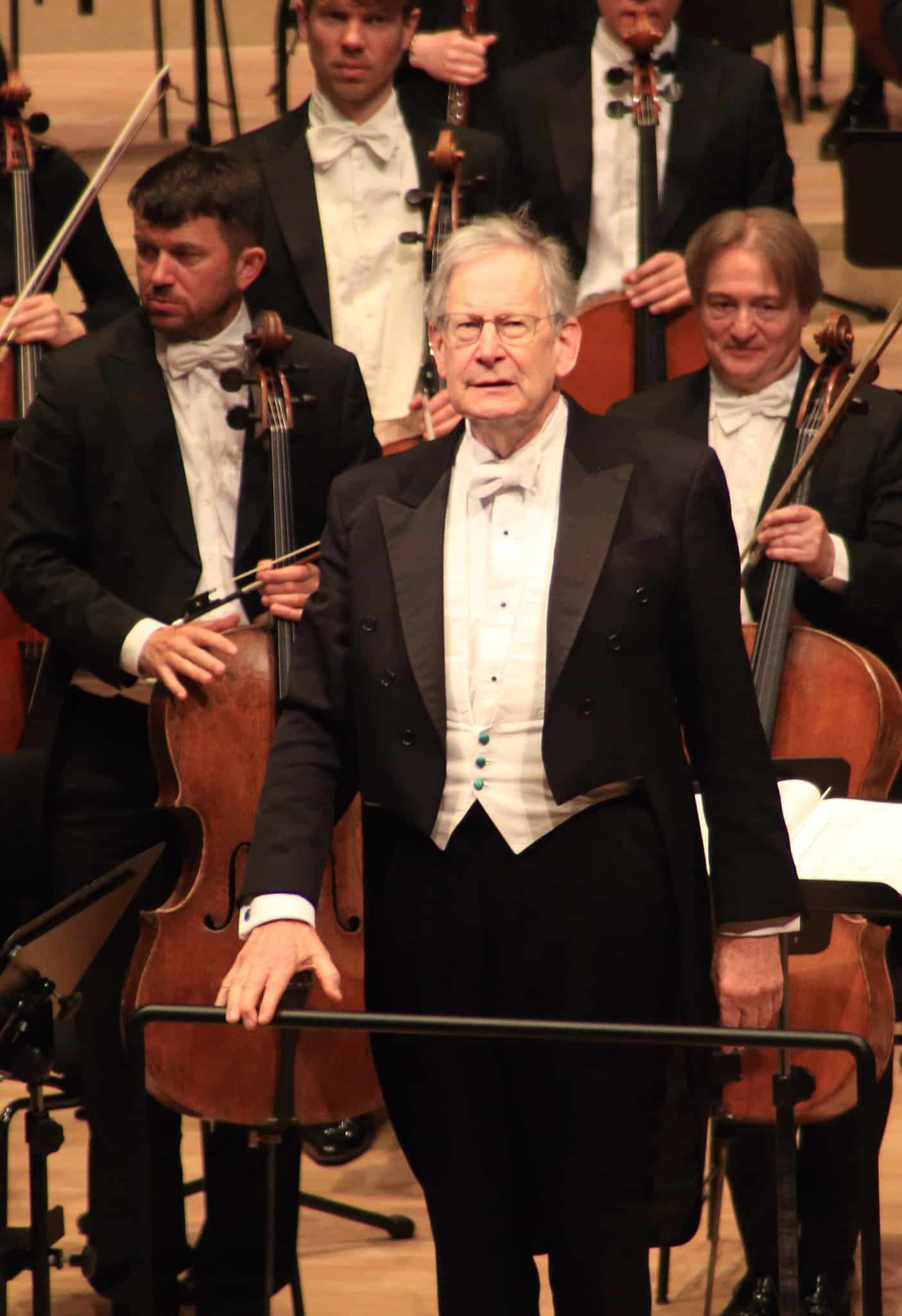Slippedisc daily comfort zone (74): England, our England
Daily Comfort ZoneFrank Bridge was Benjamin Britten’s teacher. His sea suite anticipates some themes in Peter Grimes.
Why is it so seldom performed?

Frank Bridge was Benjamin Britten’s teacher. His sea suite anticipates some themes in Peter Grimes.
Why is it so seldom performed?
Eyebrows rose in April last year when the…

More news from the valleys: The Royal Welsh…

The Orchestre National de France has named its…

The German gadfly Axel Brüggemann has spoken to…

Session expired
Please log in again. The login page will open in a new tab. After logging in you can close it and return to this page.
Why indeed? It is such a luscious, beautiful piece. There is suh glorious orchestration in it.
If only English football players were as excellent as English sound engineers and conductors!
https://www.youtube.com/watch?v=2YEu3LGujjs
“”Fog in Channel; Continent Cut Off” is a spurious newspaper headling, but it may contain a grain of truth about plenty of great British classical music. Things aren’t that much better on the other side of the pond.
I’ve often wondered if Britten was influenced by the coronation music for Boris Godunov when he wrote the Sunday morning music. Anyone else?
Indeed he was…. but turned it itno Britten.
It never occurred to me before, but I can see the similarity now that you point it out.
A wonderful piece that I first encountered in the Groves recording on LP in the 70s.
I think that Bernard Herrmann’s score for “The Ghost and Mrs. Muir” reflects a familiarity with Bridge’s “The Sea”.
quite possibly, Elizabeth Owen. By prolepsis, parts of the bass solo in the “Miserere” of Beethoven’s Missa Solemnis sound straight out of “Boris Godunov”, including the muzhiks’ murmuring responses.
The reason that it is so seldom performed, is the competition with Debussy’s La Mer which has the same subject but is so very different. Programmers think: if we want a sea, let’s have the one that most people know already.
Bridge’s sea is romantic, subjective, we hear how a human being emotionally reacts to the natural phenomenon, the waves are also, and in the first place, the viewer’s waves, the impressions are very subjectively coloured. We hear how the impressions of the sea are processed in the viewer’s heart.
It is a beautiful piece, by the way, carrying its heart on its sleeve, ready to jump enthusiastically and naked into the breakers. With Debussy, we hear the phenomenon first: the patterns, the atmosphere, the play of wind and waves. There is almost nothing of personal emotional reflection in it; the composer has written human presence entirely out of the score and let Nature speak for itself. For instance, the drama in Debussy’s finale has nothing to do with something human, it is the drama of Nature itself, without people to notice it. The Bridge is about how man perceives the sea, the Debussy is the sea itself overhear by someone entirely forgetting himself.
https://www.youtube.com/watch?v=Ot23j6htJxA
Another interesting piece depicting the sea is the beginning, the prelude, of Schoenberg’s Gurrelieder; like Debussy, the music reflects the sea and not the viewer – the musical language is only quite different:
https://www.youtube.com/watch?v=75MqAyETxn0
It is a sad fact that a lot of british composers are seriously neglected on our own shores. Frank Bridge is just one example, but when were the glorious symphonies and orchestral music of Arnold Bax last heard in a concert hall (pre-Pandemic, of course), and what about the symphonies of William Alwyn, Edmund Rubbra and Granville Bantock, to name but a few? It really is shameful that such wonderful music is practically ignored. The Proms should be used to champion British music and leave some of the tried and tested repertoire out of concert programmes for a while.
Do touring British orchestras do their part?
Well said. Bliss’ Colour Symphony would be perfect for the Proms, but they never program it.
Frank Bridge’s music is wonderful. His Sea Symphony, in this terrific recording, makes you taste the seawater.
If I were programming a classical music orchestra, I would put this on a program along with Debussy’s La Mer. It’s that good.
Daily Comfort Zone (75)
Bridge over troubled water
https://www.youtube.com/watch?v=bv5hua9NjqY
Bax’s gorgeous Arthurian “Tintagel”, and Bantock’s almost Straussian “Fifine at the Fair” which Beecham and the RPO recorded) would seem to have the potential to become audience favorites.